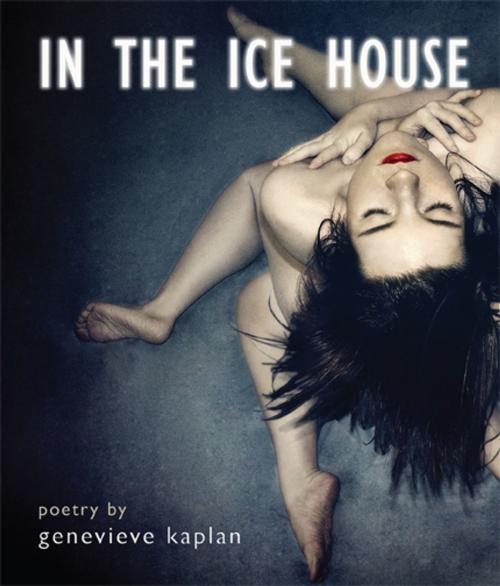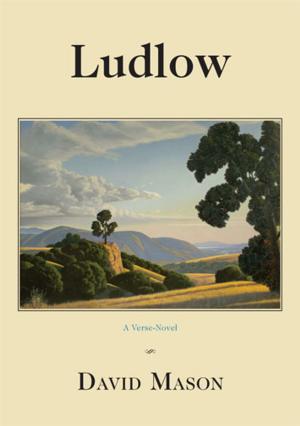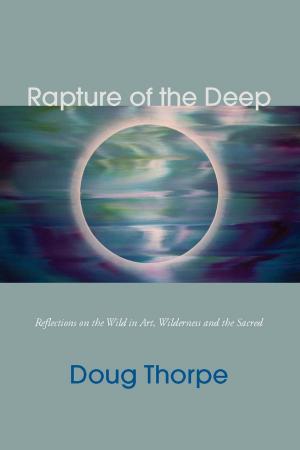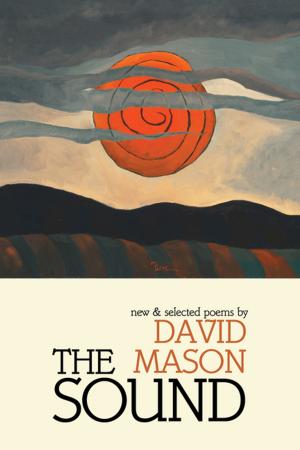| Author: | Genevieve Kaplan | ISBN: | 9781597091756 |
| Publisher: | Red Hen Press | Publication: | January 1, 2012 |
| Imprint: | Red Hen Press | Language: | English |
| Author: | Genevieve Kaplan |
| ISBN: | 9781597091756 |
| Publisher: | Red Hen Press |
| Publication: | January 1, 2012 |
| Imprint: | Red Hen Press |
| Language: | English |
Genevieve Kaplan’s In the ice house offers an innovative meditation on domestic life and the physical world that surrounds it, chronicling “at least the beginnings of some disaster” taking place in a landscape that “had no symmetry.” Deftly channeling poets like Wallace Stevens and John Ashbery, as well as invoking Kaplan’s own distinct poetic sensibility, these poems reveal an atmospheric and wondrous world filled with odd and compelling images. Readers confront the menace of the ordinary, “the whale-faced spout of the drainpipe, the cluck / of the chicken-bird” and how “the light attacks / the window and the stress of the shining / does not ease.” The poet’s insistent evocation of elemental images—the birds, the ice, the water—becomes almost incantatory, as the speaker seeks escape from “the frantic outside” she’s trapped within. Kaplan’s sky “has the depth / of an ocean,” and this book deeply articulates how “silence is the only word that can replace loss.” Moving artfully between internal desires and incisive observations of the external, these stunning poems radiate with both heat and ice.
Genevieve Kaplan’s In the ice house offers an innovative meditation on domestic life and the physical world that surrounds it, chronicling “at least the beginnings of some disaster” taking place in a landscape that “had no symmetry.” Deftly channeling poets like Wallace Stevens and John Ashbery, as well as invoking Kaplan’s own distinct poetic sensibility, these poems reveal an atmospheric and wondrous world filled with odd and compelling images. Readers confront the menace of the ordinary, “the whale-faced spout of the drainpipe, the cluck / of the chicken-bird” and how “the light attacks / the window and the stress of the shining / does not ease.” The poet’s insistent evocation of elemental images—the birds, the ice, the water—becomes almost incantatory, as the speaker seeks escape from “the frantic outside” she’s trapped within. Kaplan’s sky “has the depth / of an ocean,” and this book deeply articulates how “silence is the only word that can replace loss.” Moving artfully between internal desires and incisive observations of the external, these stunning poems radiate with both heat and ice.















